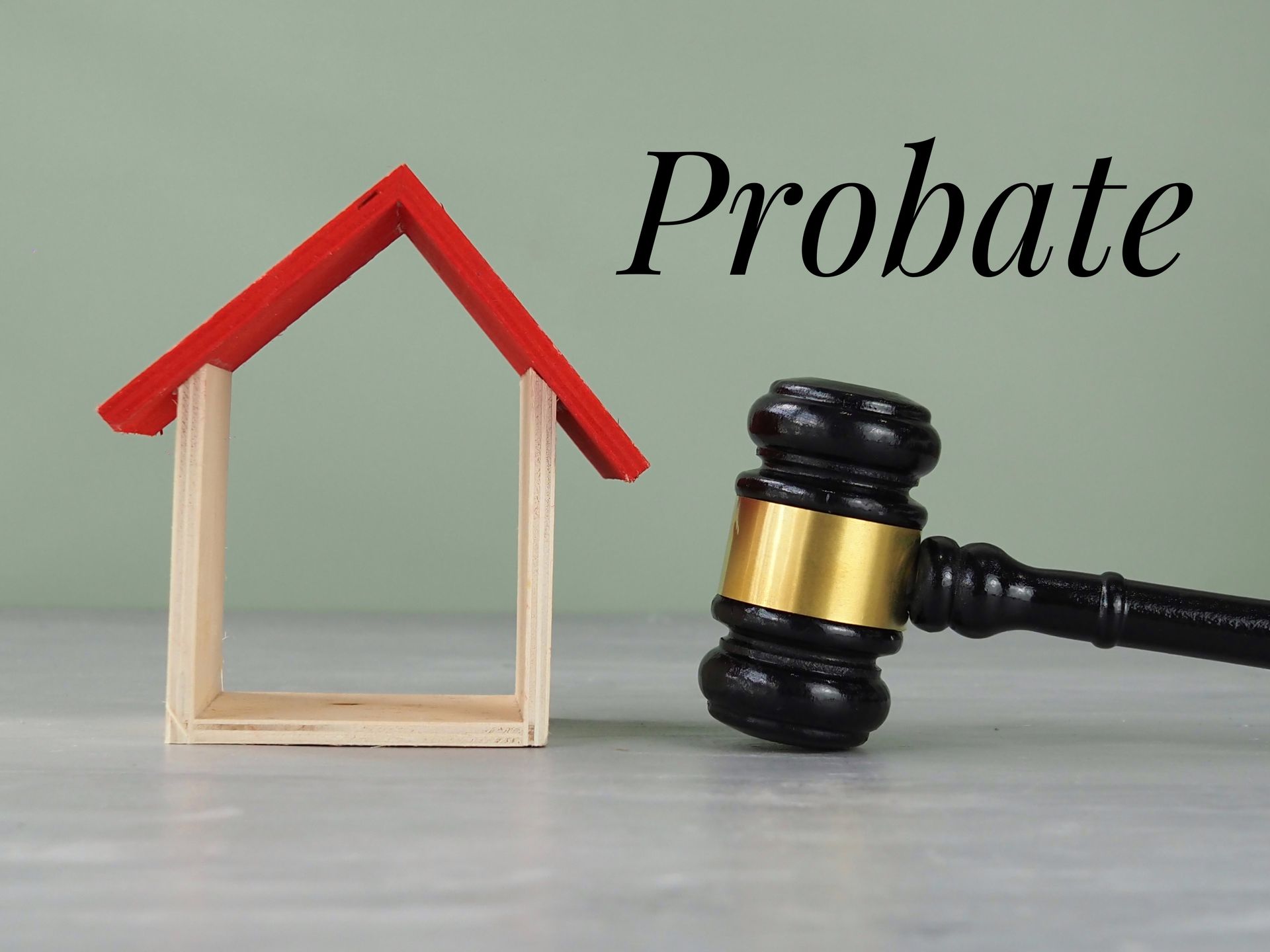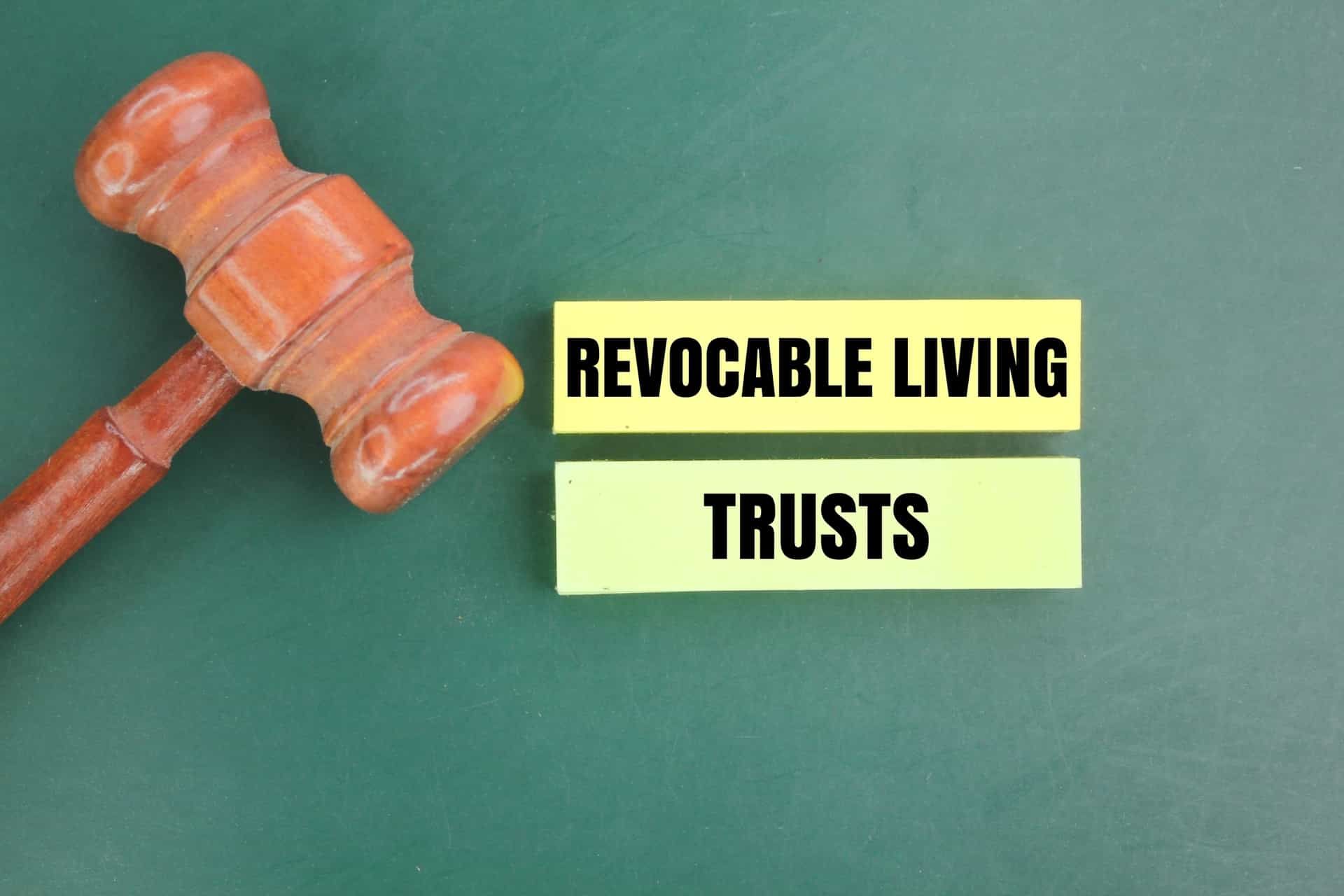Even Without Children, an Estate Plan Is a Smart Move
We tend to think that good, solid estate planning is reserved for those who have children in order to plan for a family’s future. However, even if you do not have children, estate planning is still extremely important. Think about it: do you want your assets handled by the uncle you never saw, or with whom you never got along? Or, would you rather make sure that your dearest cousin is the person who will make necessary decisions for you in your time of need, or if you pass away?
Therefore, every adult should be sure to start the process of planning their estate, regardless of whether you have children or not. You need to make sure that your important health decisions, financial decisions, and personal asset decisions are going to be made by the people you trust, and in a manner that you control as much as possible.
Failing to Plan Means Planning to Fail
You have the heard phrase before – “failing to plan is planning to fail.” It is most appropriate here because, without an estate plan in place, you will have no control over how your assets are handled when you die. That means that family members will be involved in a probate process that must follow state law and may include an estate trustee whom you do not know.
The better course is to have an estate plan, created with the assistance of an experienced estate attorney, so you can make sure that your assets and other important decisions are handled in the manner of your choosing.
In this blog, we will discuss some of the important considerations with regard to estate planning when you do not have children. You may be surprised to realize just how many estate planning issues do not involve children even if you have them.
If, after reading this blog, you have more questions or wish to discuss your estate plan with a qualified estate planning attorney , we invite you to call us at Doane & Doane.
Since 2003, the attorneys at Doane & Doane have worked with a purpose to have a reputation for being one of South Florida’s most prominent Estate Planning law firms. We are proud we offer our clients the resources of a large law firm with the personal attention of a smaller boutique firm. We understand the delicate and emotional nature of making an estate plan, and we take the care and time to understand your needs. Please give us a call at
561-656-0200 , and schedule a
free consultation with one of our estate planning lawyers. You will be glad you did.
Now, here are the important considerations you need to think about with regard to your estate plan, even if you do not have children.
1. Think About a Revocable Trust
A revocable trust is an agreement that you can create to (i) manage your assets during your lifetime, and (ii) distribute the remaining assets after your death. The creator of a revocable trust is called the “grantor,” and the person responsible for managing the trust’s assets is called the “trustee.”
The term “revocable” means that you can modify or terminate the trust at any time during your lifetime, provided that you have the capacity to do so. If you become incapacitated during your life, the trustee has the authority to continue to manage the trust assets, pay bills, and make investment decisions on behalf of the trust.
A revocable trust is a great estate planning tool because it is a way to avoid probate. Given that the formal administration of probate is a way to distribute assets owned by the deceased, the revocable trust avoids probate because you, as the grantor, transfer the assets you own into the trust. Thus, when you die, the assets in the trust are not technically owned by you. Rather, those assets you transferred into the trust are owned by the trust.
There are, of course, some tax issues that come with transferring assets into a trust (also known as “funding” a trust). Therefore, you should be sure to consult with an experienced estate planning attorney to determine which assets are appropriate for trust ownership.
2. Plan Ahead for Incapacity
Regardless of whether you have children, every person should have an advanced directive for health decisions, and a power of attorney for legal and financial matters. With those documents in hand, you will be able to take charge of your medical and legal decisions in case you become incapable of making those decisions. Without those documents, however, your closest family members will be involved in a guardianship or conservatorship court proceeding, in which someone you may not know will be appointed to make certain health, financial, and personal decisions for you.
Remember, even your spouse is unable to legally make decisions for you unless you have created and executed an advanced directive for medical decisions, and a durable power of attorney for other financial and personal decisions.
3. Remember Business Succession Planning
Succession planning and estate planning are two sides of the same coin. Both types of planning are focused on finding an efficient way to transfer wealth at the time of your passing, or during your lifetime. The only real difference is that estate planning deals mostly with the distribution of a personal estate, whereas business succession planning is focused on a closely held, or family-owned, business.
If you have a business, then planning for how it will be handled after your passing is an important consideration, particularly where you do not have children. Normally, children will take over a family business. Without children is doubly important to plan for how the business will remain an ongoing concern or how it will be wound down. After all, is said and done, having a plan about your business means having considerable peace of mind.
Doane & Doane: Estate Planning Attorneys Who Will Assist You with Your Important Decisions
The seasoned attorneys at Doane & Doane assist individuals, families, and businesses with unique estate planning needs all the time. We have handled matters such as business succession, tax planning , high net worth, and charitable giving planning in our West Palm Beach office.
Whatever your goals, we can help you achieve them. We know that, without children, estate planning may be slightly more challenging. Also, we know that estate planning is a very personal process, and there is no universal formula that applies to everyone.
We at Doane & Doane have seen the issues that arise with individuals who wish to do their estate plan and do not have children. We can help. Call Doane & Doane today for more information at 561-656-0200.
Disclaimer: The information on this website and blog is for general informational purposes only and is not professional advice. We make no guarantees of accuracy or completeness. We disclaim all liability for errors, omissions, or reliance on this content. Always consult a qualified professional for specific guidance.
RECENT POSTS






